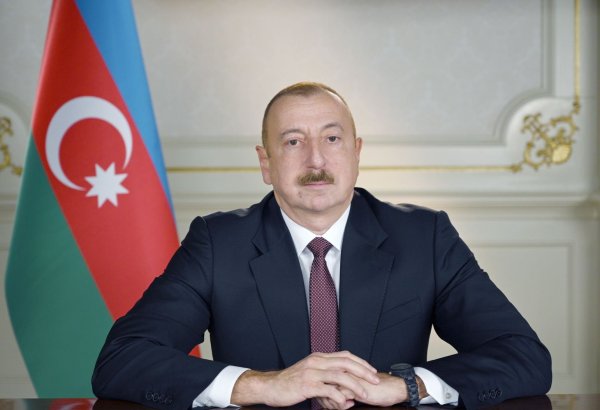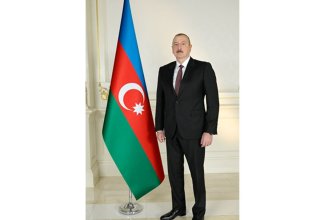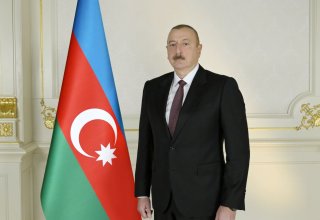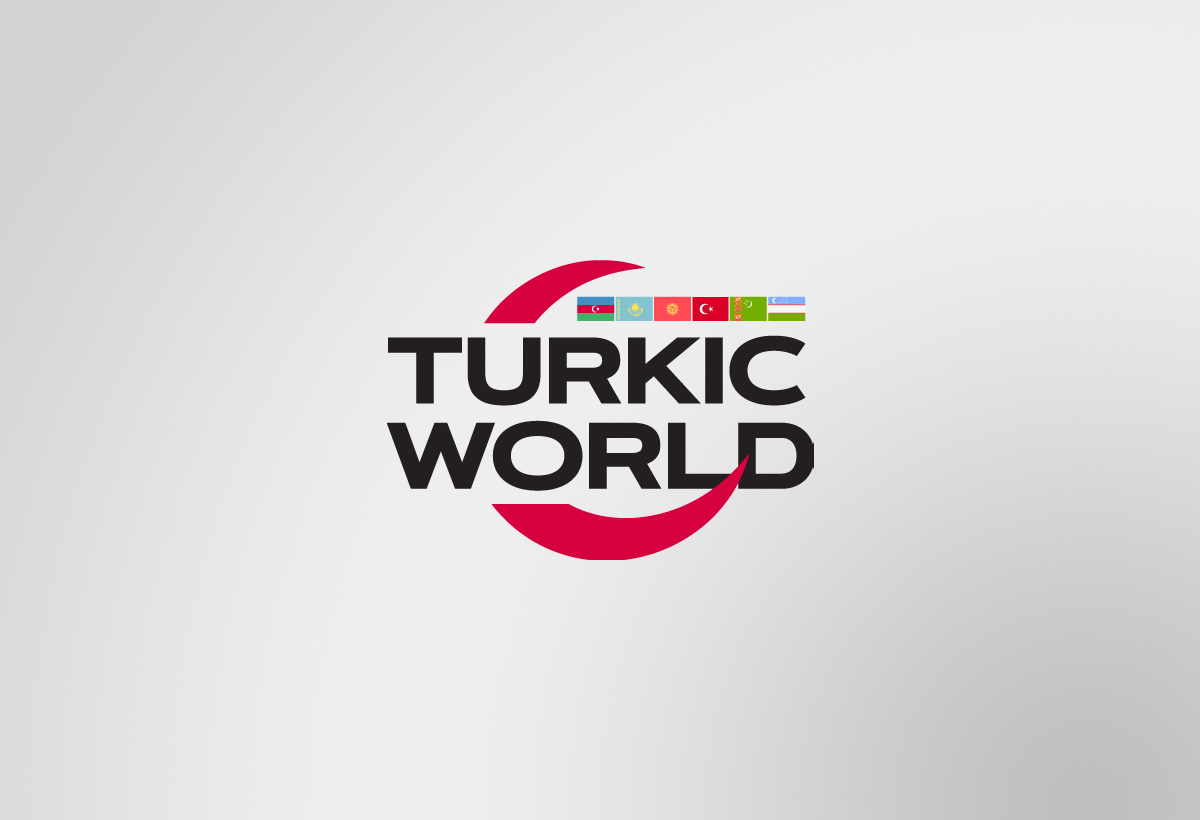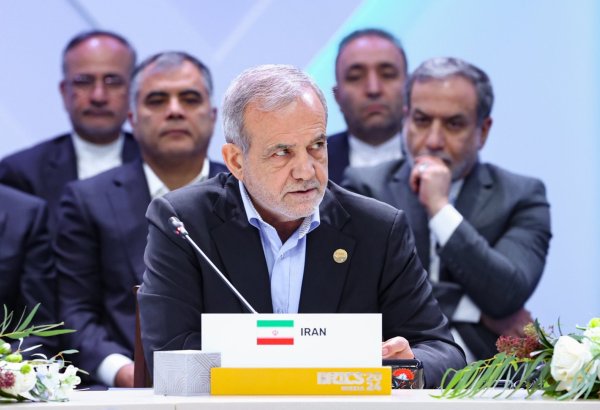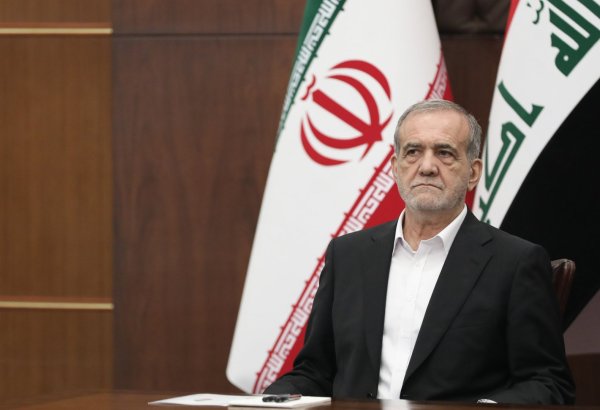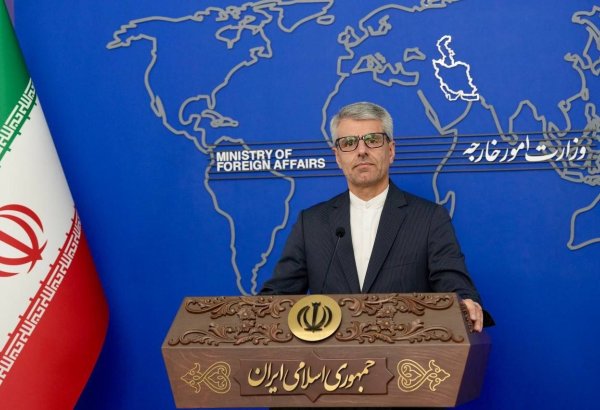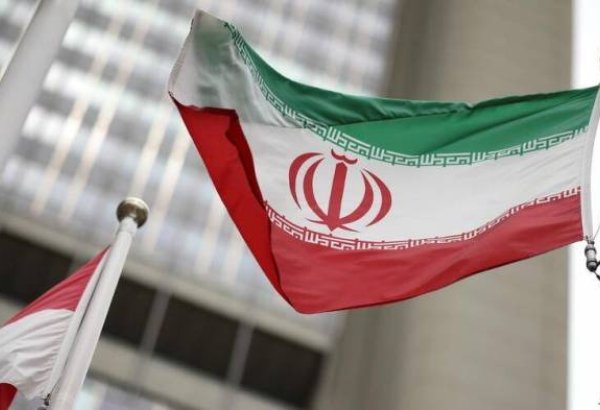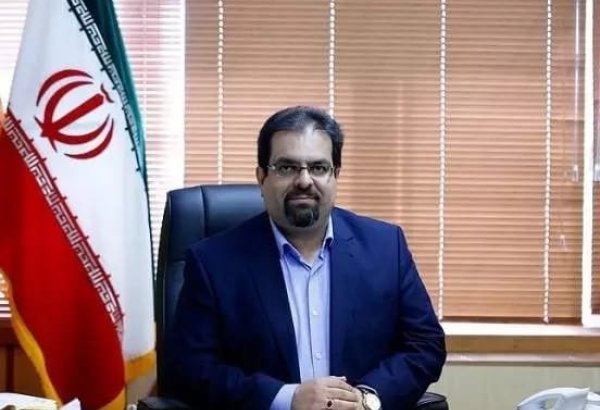BAKU, Azerbaijan, October 9. It is necessary to strengthen the deterrent force in the region under the current conditions and create the possibility for Iran to produce atomic weapons to ensure security, a member of the Iranian parliament, Mohammad-Reza Sabbaghian told local media, TurkicWorld reports.
According to him, in order to defend itself, if the Supreme Leader deems it appropriate, Iran will be able to change its nuclear strategy and switch to the production of atomic weapons.
The Iranian MP stated that Israel and its supporters believe that they can hinder Iran's nuclear development by shooting down Iran's peaceful nuclear facilities. Iran should never forget to strengthen its deterrent power.
"By creating the capability to produce atomic weapons, it will be easy for Iran to produce atomic weapons at a time that Iran's Supreme Leader Ayatollah Seyyed Ali Khamenei deems appropriate, and the nation's preventive power will increase.
Whereas some countries have atomic weapons, Iran also needs to have atomic weapons for self-defense. Iran should make it clear to all sides that having atomic weapons or not is its own choice and it does not receive permission from any country to produce atomic weapons and build up its own missile and defense capabilities," he noted.
Iran's 39 members of the parliament have addressed Iran's Supreme National Security Council with a request to revise the country's defense doctrine regarding the production of nuclear weapons.
Tensions have risen recently in the Middle East, mainly between Iran and Israel. Some circles in Iran are considering various options given these tensions.
Meanwhile, in January 2016, Iran and the P5+1 group (the US, Russia, China, the UK, France, and Germany) implemented the Comprehensive Joint Plan of Action concerning Iran’s nuclear program.
In May 2018, the US announced its withdrawal from the deal and reimposed sanctions on Iran.
By the end of 2020, the Iranian parliament decided to pursue a strategic plan in the nuclear sector to counter the sanctions, leading to a suspension of additional steps and the Additional Protocol as per the nuclear agreement.
Consequently, the International Atomic Energy Agency (IAEA) faced a reduction in monitoring capabilities by 20-30 percent.









